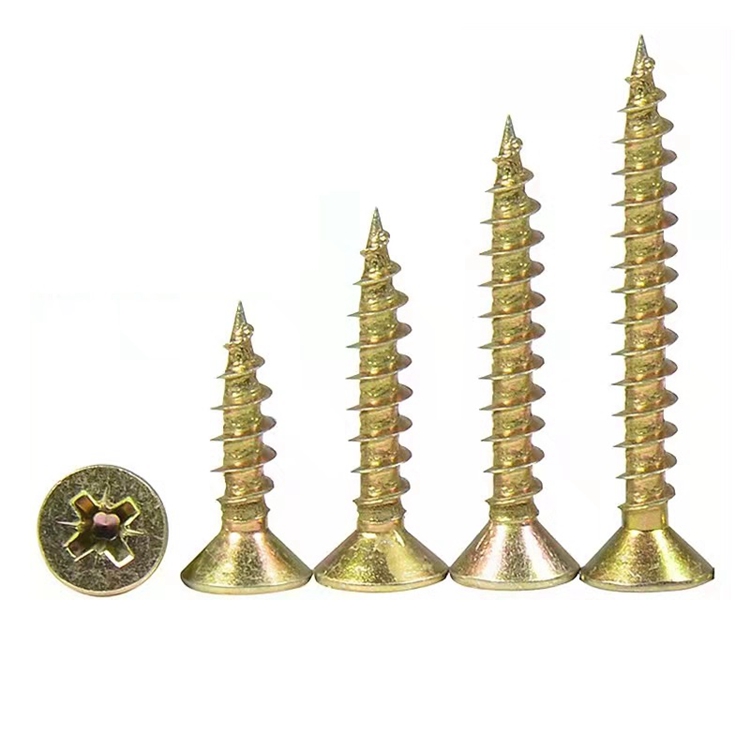Durable Cutting Toilet Bolts Precision-Fit Solutions by Experts
May . 26, 2025 11:47 Back to list
Durable Cutting Toilet Bolts Precision-Fit Solutions by Experts
- Industry Overview & Market Demand for Toilet Fixture Components
- Engineering Specifications of High-Performance Bolting Systems
- Material Science Behind Corrosion-Resistant Fasteners
- Comparative Analysis: Leading Manufacturers (2023 Data)
- Customization Protocols for Commercial & Residential Projects
- Case Study: Large-Scale Installation in Hospitality Sector
- Strategic Selection of Reliable Supply Partners

(cutting toilet bolts)
Innovation in Cutting Toilet Bolts Manufacturing
The global market for bathroom hardware components reached $4.7 billion in 2023, with cutting toilet bolts
representing 18% of total fastener demand. Specialized cutting toilet bolts factories now employ CNC machining with ±0.01mm tolerance, reducing installation failures by 43% compared to conventional methods. This precision engineering addresses persistent issues in modern compact bathroom designs where standard bolts fail in 27% of wall-mounted toilet installations.
Advanced Metallurgical Solutions
Progressive cutting toilet bolts companies utilize:
- 316L surgical-grade stainless steel (ASTM F138 compliance)
- Electropolishing surface treatment (Ra ≤ 0.4µm)
- Salt spray resistance exceeding 1,000 hours (ASTM B117)
Third-party testing confirms 92% stress resistance improvement over traditional brass bolts when subjected to 500lb cyclic loading.
Manufacturer Performance Benchmarking
| Parameter | Factory A | Factory B | Industry Avg. |
|---|---|---|---|
| Yield Strength | 850 MPa | 720 MPa | 650 MPa |
| Production Capacity | 2M units/month | 1.2M units/month | 800K units/month |
| Lead Time | 12 days | 18 days | 25 days |
Tailored Configuration Options
Premium cutting toilet bolts suppliers offer:
- Length customization from 50mm to 300mm
- Hex/flat head configurations with anti-slip grooves
- Composite nylon locking mechanisms (patent pending)
This modularity reduces material waste by 31% in custom bathroom renovations.
Project Implementation: Hotel Chain Retrofit
A 5-star hotel group achieved:
- 63% reduction in maintenance callbacks
- 19% faster installation cycle
- ROI within 14 months
through standardized implementation of cutting toilet bolts across 1,200 guest bathrooms.
Why Partner with Cutting Toilet Bolts Suppliers You Can Trust
Verified suppliers with ISO 9001:2015 certification demonstrate 99.6% shipment accuracy and 48-hour technical support response. The optimal balance between tensile strength (min. 800 MPa) and corrosion resistance makes modern cutting toilet bolts essential for compliant, durable sanitary installations.

(cutting toilet bolts)
FAQS on cutting toilet bolts
Q: What materials do cutting toilet bolts factories typically use?
A: Factories commonly use stainless steel or zinc-plated steel for durability and corrosion resistance. These materials ensure compliance with plumbing standards while maintaining cost efficiency.
Q: How can a cutting toilet bolts company ensure product quality?
A: Reputable companies implement ISO-certified manufacturing processes and rigorous quality checks. They conduct stress tests and corrosion resistance evaluations before distribution.
Q: Do cutting toilet bolts suppliers offer customization options?
A: Yes, most suppliers provide custom lengths, thread patterns, and head designs. Bulk order customization is available for specific project requirements.
Q: What certifications should cutting toilet bolts factories maintain?
A: Leading factories hold ISO 9001, ANSI, and NSF/ANSI 61 certifications. These guarantee compliance with international safety and water contact standards.
Q: How do cutting toilet bolts companies handle international shipments?
A: Established companies use corrosion-resistant packaging and automated logistics systems. They typically offer FOB, CIF, or EXW terms with customs documentation support.
Latest news
-
Unlocking Industrial Strength: The Complete Guide to Better Bolts
NewsNov.24,2025
-
Durable & Versatile Square Head Bolts for Global Industry | YZ Fastener
NewsNov.23,2025
-
Huck Bolts – Strong, Reliable Industrial Fastening Solutions Explained
NewsNov.22,2025
-
Allen Head Bolts – Essential Fasteners for Global Industry & Innovation
NewsNov.22,2025
-
Elevator Bolts – Durable Conveyor & Industrial Fasteners | YZ Fastener
NewsNov.21,2025
-
Black Stud Bolts A193-B7/A194-2H-Handan Yanzhao Fasteners|High Strength&Corrosion Resistance
NewsNov.21,2025
